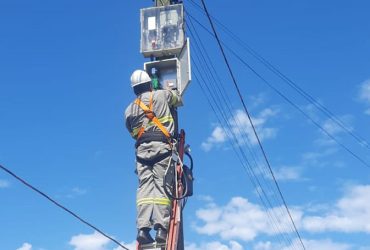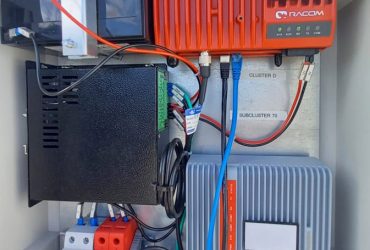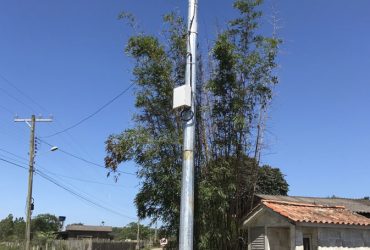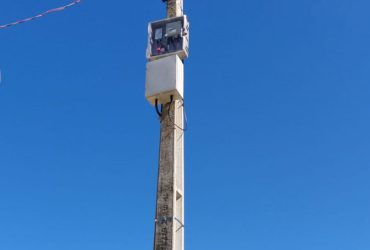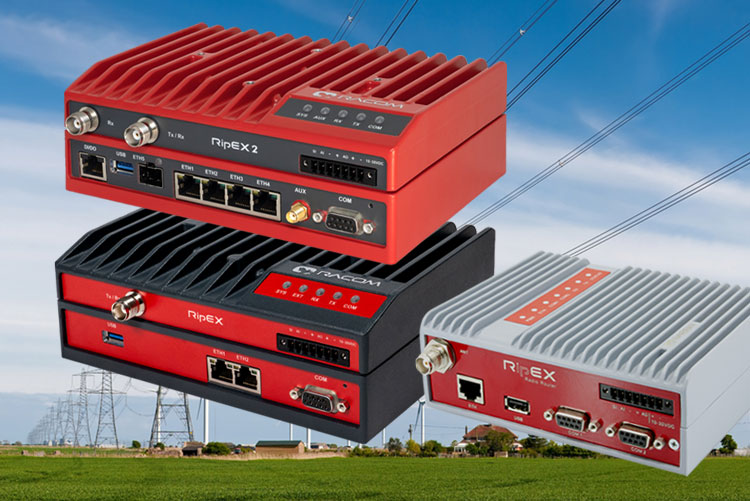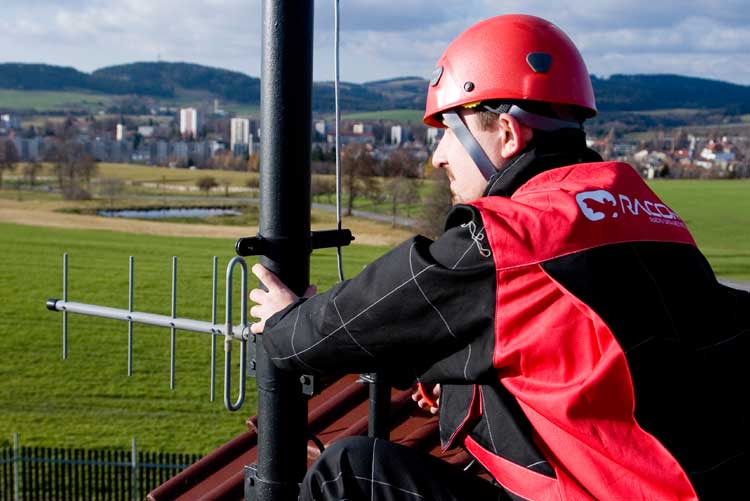Jak propojit přes 35 000 elektroměrů ve městě, které sužují tropické bouře – a zároveň udržet téměř dokonalou dostupnost dat? Energetická společnost Celesc to dokázala s platformou RipEX2.
Výzva: Stabilní komunikace v náročném městském prostředí
Celesc – největší distributor elektřiny ve státě Santa Catarina – spustil pilotní projekt AMI pro automatizaci odečtů u více než 35 400 elektroměrů. Projekt musel vyřešit:
- hustou městskou zástavbu s vysokým rušením
- časté bouřky a přepětí v síti
- tisíce koncových bodů vyžadujících přenos dat v reálném čase
- integraci WiSUN mesh a centrálních SCADA systémů
- potřebu škálovatelné architektury do budoucna
Implementaci zajišťovala společnost Wasion, avšak páteřní propojení mezi koncentrátory a centrálním MDC vyžadovalo mimořádně spolehlivou rádiovou síť.
Řešení: RipEX2 jako vysoce výkonná AMI páteř
Wasion zvolil RipEX2 – rádiové modemy od RACOM, ověřené v předchozích projektech – aby vytvořil bezpečnou a rychlou páteřní síť v licencovaném pásmu 400 MHz.
Hlavní komponenty architektury:
- WiSUN RF mesh (900 MHz) propojující měřiče s koncentrátory
- RipEX2 v licencovaném pásmu 400 MHz mezi koncentrátory a MDC
- stromová topologie se 120 oblastmi ve 12 klastrech
- až 1,7 Mbps na spoj RipEX2
- kombinace rolí koncového bodu a opakovače, která snižuje náklady na infrastrukturu
Inženýři RACOM úzce spolupracovali s Wasion a partnerem Utili na optimalizaci směrování, RF parametrů i terénního nasazení.
Výsledky: Špičková spolehlivost a připravenost na budoucnost
Projekt přinesl měřitelné přínosy:
- 99,9% spolehlivost i při bouřkách a rušení v síti
- snížení investičních nákladů díky opakovačům v RipEX2
- rychlé řešení problémů přímo v terénu (rušení, uzemnění)
- plně automatizované odečty integrované do SCADA systémů
- AMI infrastrukturu připravenou na rozšíření v dalších regionech
Do poloviny roku 2024 se AMI projekt v Araranguá stal ukázkovým příkladem moderního měření – s RipEX2 jako spolehlivou a dlouhodobě udržitelnou komunikační páteří.
